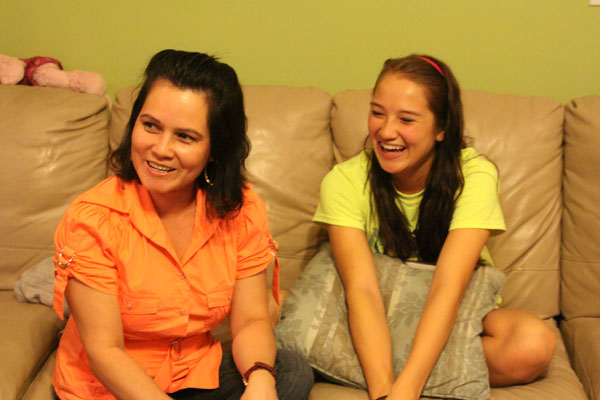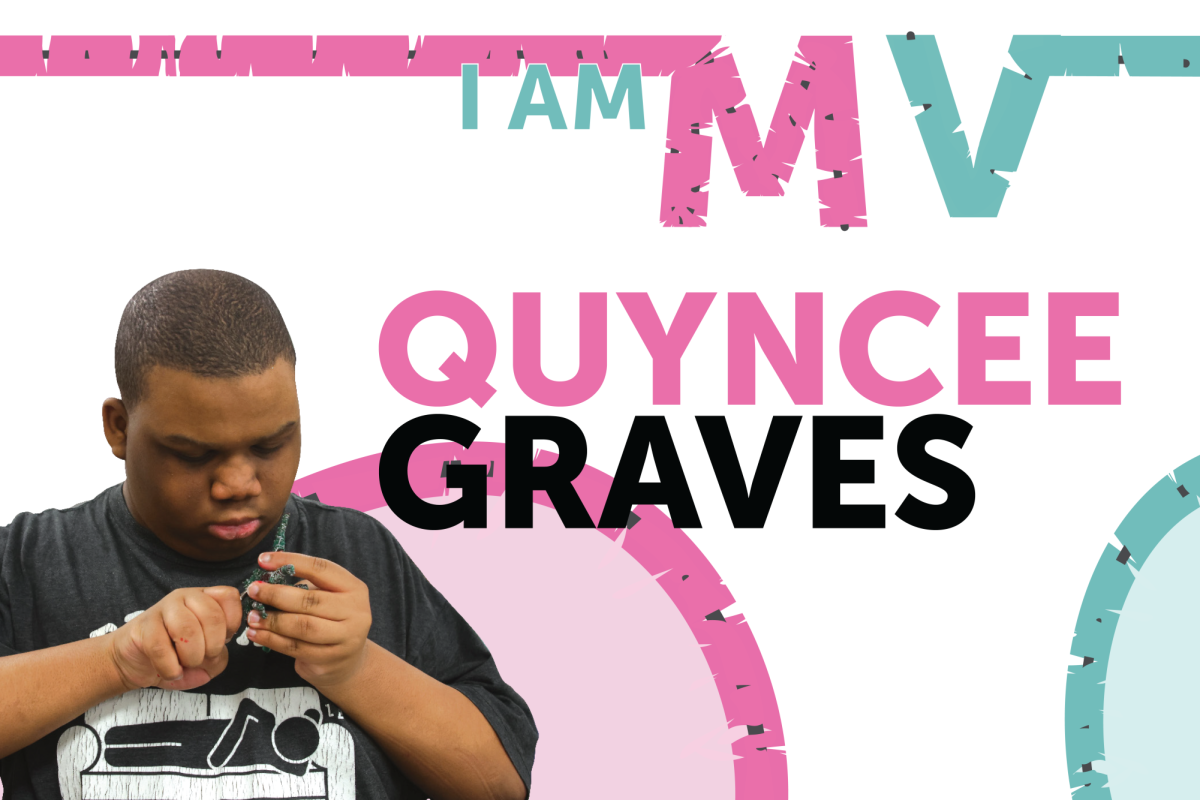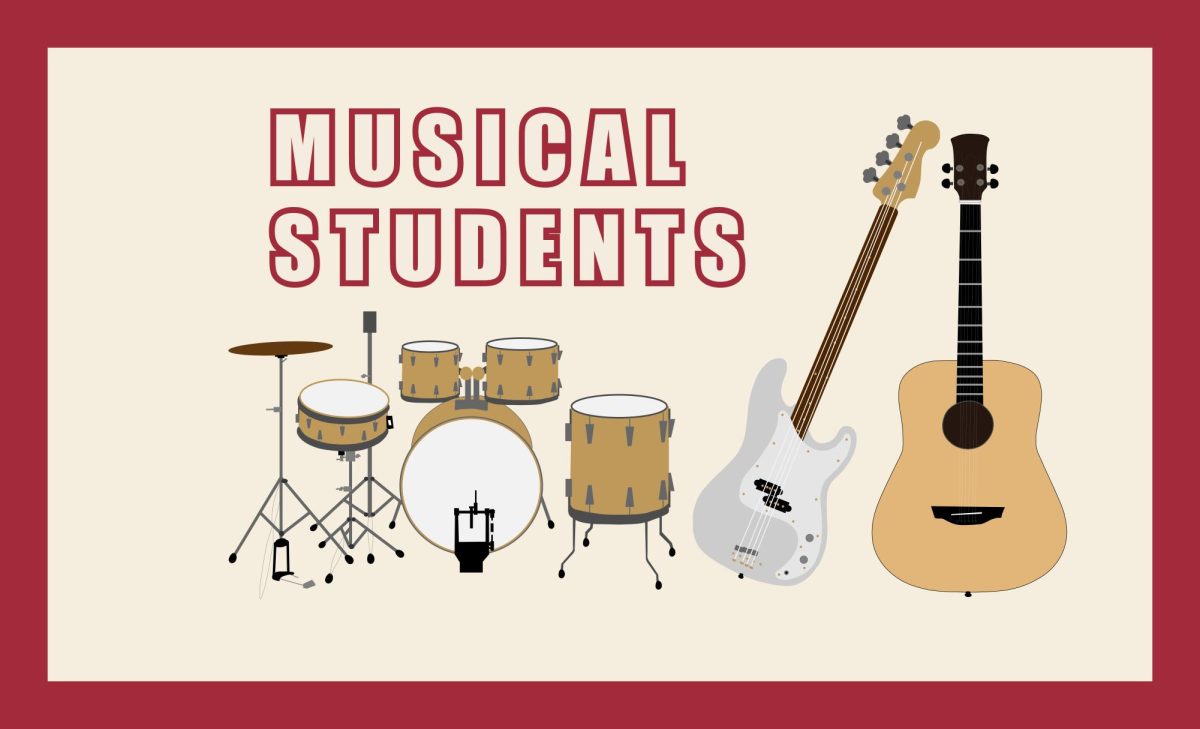It’s the age-old problem: teenagers versus their parents. Battles over curfews, rules, grades and dating are the norm in most households with teens. Regardless of whether students are aware of it or not, every parent has a unique way of raising their children. According to Family Studies teacher Rebecca Caves, the two parenting methods most parents approach are permissive and authoritarian.
According to Caves, the permissive style is displayed when parents are tolerant and patient toward their children.
“[Parents who are permissive] generally give a lot of time and energy to a child, but have a hard time saying ‘No,’” Caves said.
On the other hand, the authoritarian style parents use a stricter approach.
“[The authoritarian style is] when the parents say ‘It’s my way or no way. Don’t ask why, you’re living under these rules as long as you’re in this household,’” Caves said.
Senior Kathy Nguyen’s parents follow the authoritarian parenting style. Tina Nguyen, Kathy’s mother, says the reason they are strict is because of their Vietnamese culture.
“It’s not a mean or personal strict,” Tina said. “It’s cultural. We are protecting her.”
Junior Izabella Williams’ parents are more permissive. Izabella’s mother, Kelly Williams, says her parenting is laid-back.
“They can come to me about anything,” Kelly said. “I am definitely laid-back and relaxed.”
According to Kelly, she expects her children to never be disrespectful. In addition to showing respect, Kelly thinks honesty and openness are vital.
“Never lie to me,” Kelly said. “That is a big one for me. If my kids tell me the truth, we can talk about things. But if they lie to me, heads will turn.”
Likewise, Tina believes the most important rule for her children is to always show respect.
“Show respect to everyone; elders, others and yourself,” Tina said.
When it comes to curfew, both parents have differing opinions.
Jokingly, Kelly said she likes her daughter to be home by sunrise. To clarify, Izabella says she is usually expected back home by midnight.
However, curfew for Kathy is stricter.
“She is allowed to have fun, but we like her to be home by dark,” Tina said. “Usually no later than 10 p.m. if we don’t know the group she is with. If we trust who she is with, she gets to stay out a little later.”
The hardest rule for Kathy to follow is the curfew.
“I have to be home whenever it gets dark,” Kathy said. “In the summer, it’s around 10 p.m., but in the winter it’s like 6 p.m.”
Tina has high expectations for Kathy’s grades and education as well.
“We talk about her grades every single day,” Tina said. “[Grades are] very, very important.”
Laughing, Kelly also mentioned how she prefers that her children get good grades.
“Good grades would be preferable with us,” Kelly said. “My husband and I plan on retiring soon and hope that the kids can start paying our bills. We have high standards; McDonald’s wages won’t pay our mortgage.”
The punishments for when Kathy disobeys are clear cut: no car, no phone, no friends.
“I pretty much don’t have a life when I’m grounded,” Kathy said.
For Kelly, as long as Izabella is honest with her, there is nothing for her to get in trouble for.
“I don’t really have any rules,” Izabella said. “As long as I listen to my mom, I can do anything.”
Caves explains that with strict parents, some kids don’t understand why rules are important, which can lead the child to rebel.
“[If there is a misunderstanding with rules], the child can act negatively to discipline,” Caves said.
As Kathy has gotten older, she has become more aware of why all of the rules are in place.
“When I was younger, I had no clue why they were so strict,” Kathy said. “But as I’ve gotten older, I’m more understanding.”
Both the permissive and authoritarian parenting styles come with positives and negatives.
Some positives about the permissive style are the support of parents and unconditional love. On the negative side, children are sometimes not aware of where their boundaries lie.
“Being too much of a friend can be a detriment to the child,” Caves said. “[Parents] can’t say no, [and] they are not giving their kid proper directions.”
On the other hand, Kelly and Izabella think that their family is so close is because of their open relationship with each other.
“I guess they are still my parents, but with how open we are, I see them as my best friends too,” Izabella said.
According to Caves, the positive aspect that comes out of strict parenting is that the parents have their “own standards and values and want their kids to do the same.”
The negative would be that even if the child does not agree with their values, they can feel pressured to follow in their parents’ footsteps.
Despite this, Kathy likes her parents’ strict style.
“I like the fact that they are a little strict,” Kathy said. “They keep me in line. It’s a good thing. I am going to be strict with my kids too.”
Although Caves recognizes the different parenting styles, she thinks parents should adapt theirs as their kids mature.
“Parents have to see their child as a constantly growing individual,” Caves said. “And their expectations [should] change based on that as well.”









